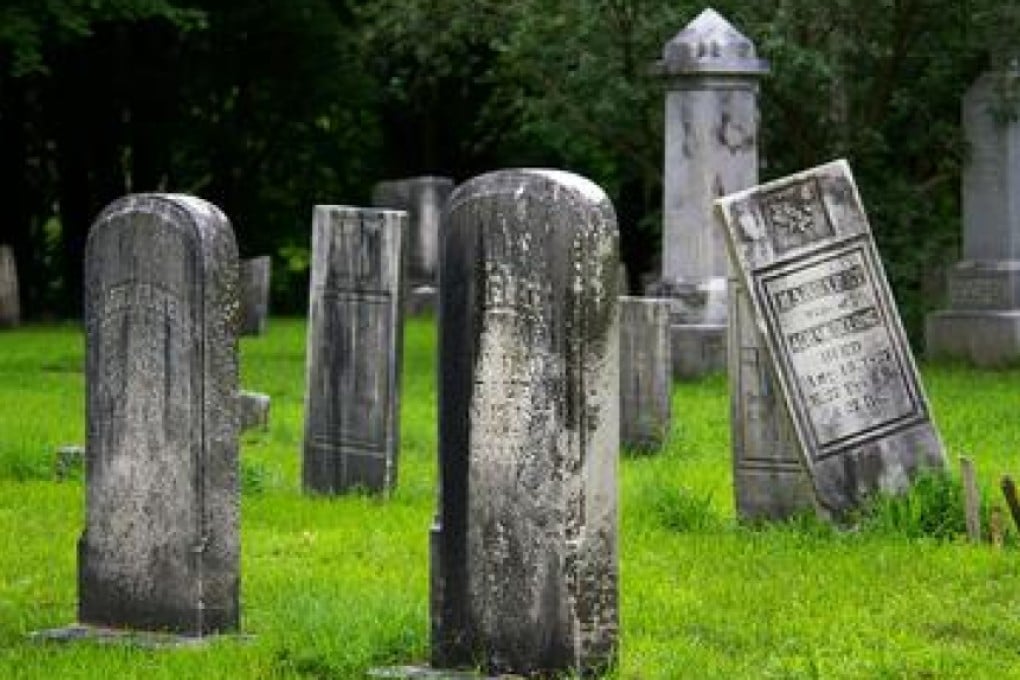‘Necrophilia legislator’ on a crusade to outlaw loophole of arcane era

Necrophilia, the act of having sexual intercourse or sexual contact with a dead body, is still technically legal in many American states. In Massachusetts, one politician is trying to get that changed.
Aaron Vega, a 45-year-old state representative from Massachusetts, did not particularly want to go down in history as the “necrophilia legislator”, but when a captain in his local town’s police force came to him with what he calls a couple of “loopholes in the law”, he felt he had no choice but to risk the stigma.
“Currently, it is illegal to have sex with an animal in Massachusetts, but not with a dead person,” Vega said.
What the Democrat calls an “interesting paradigm” does not stop here.
“There is also a host of arcane Massachusetts laws that are still on the books,” he said.
